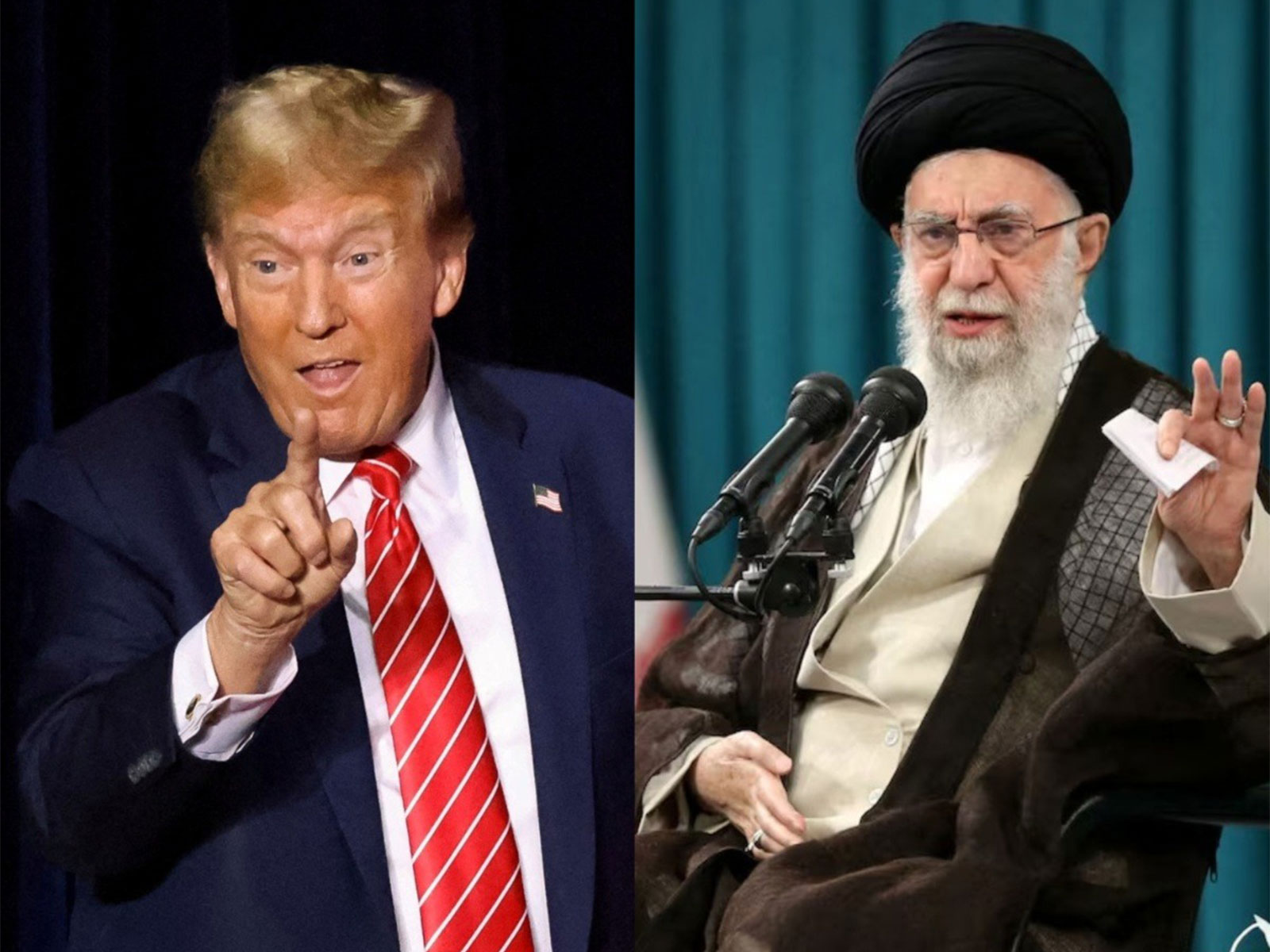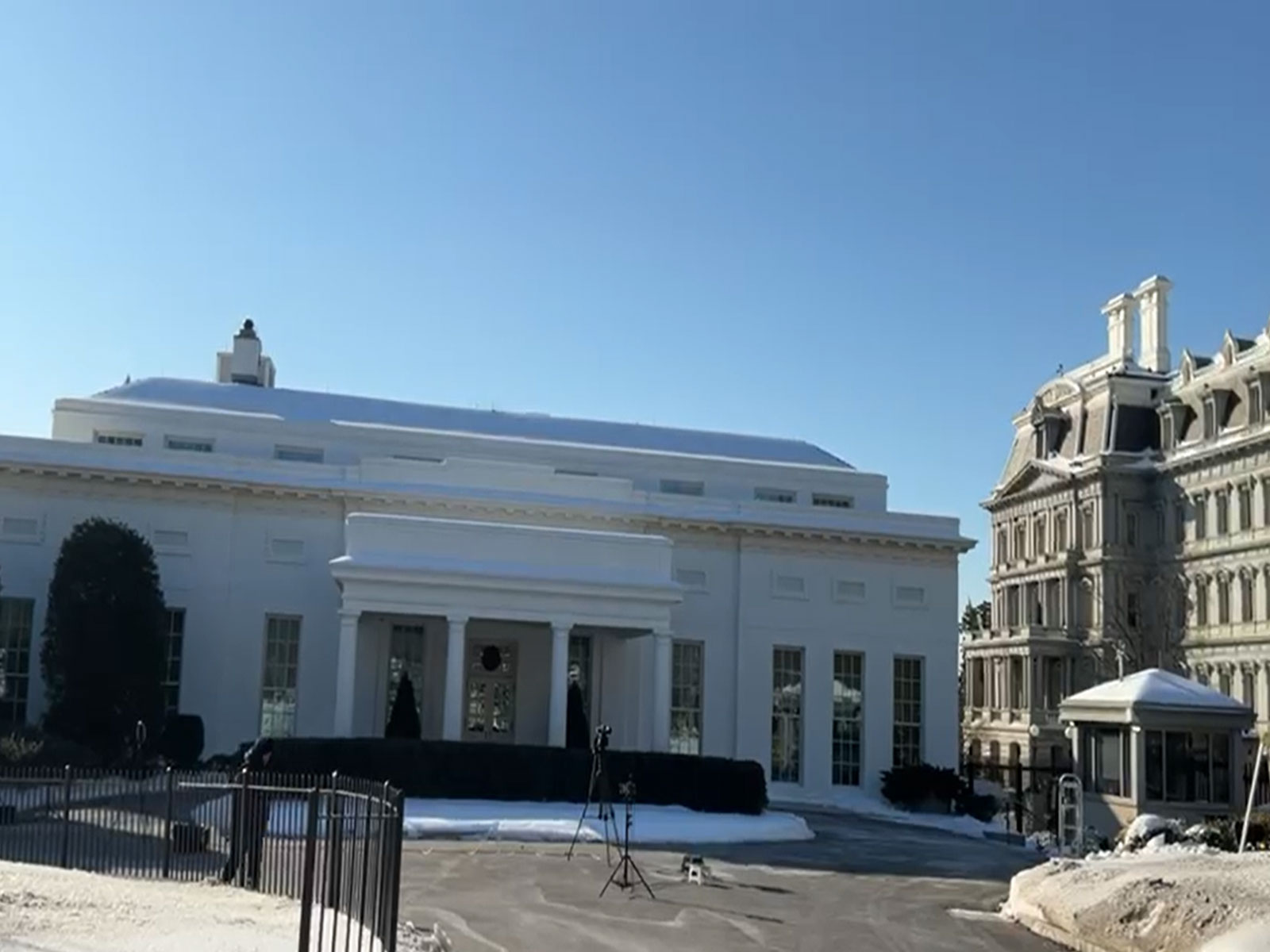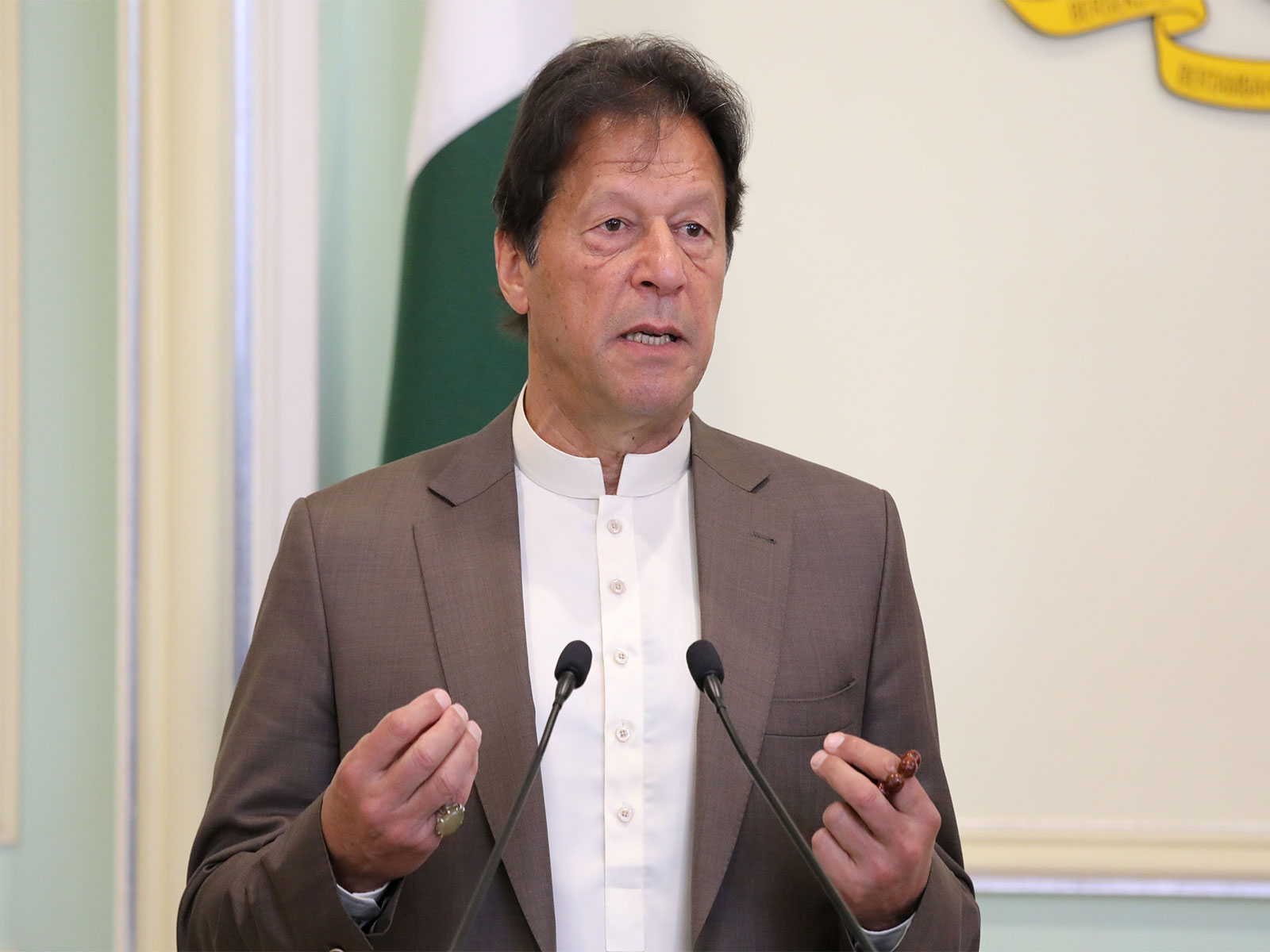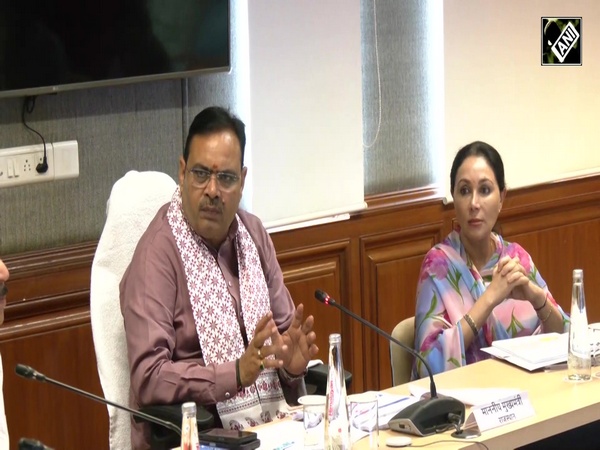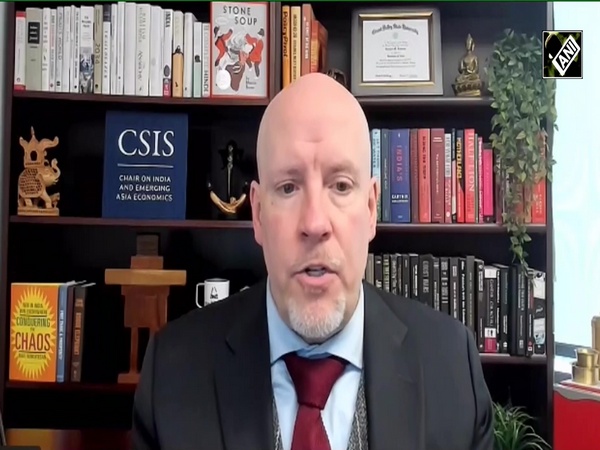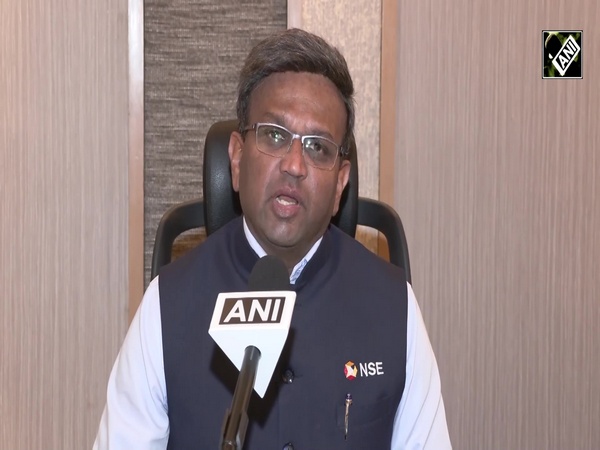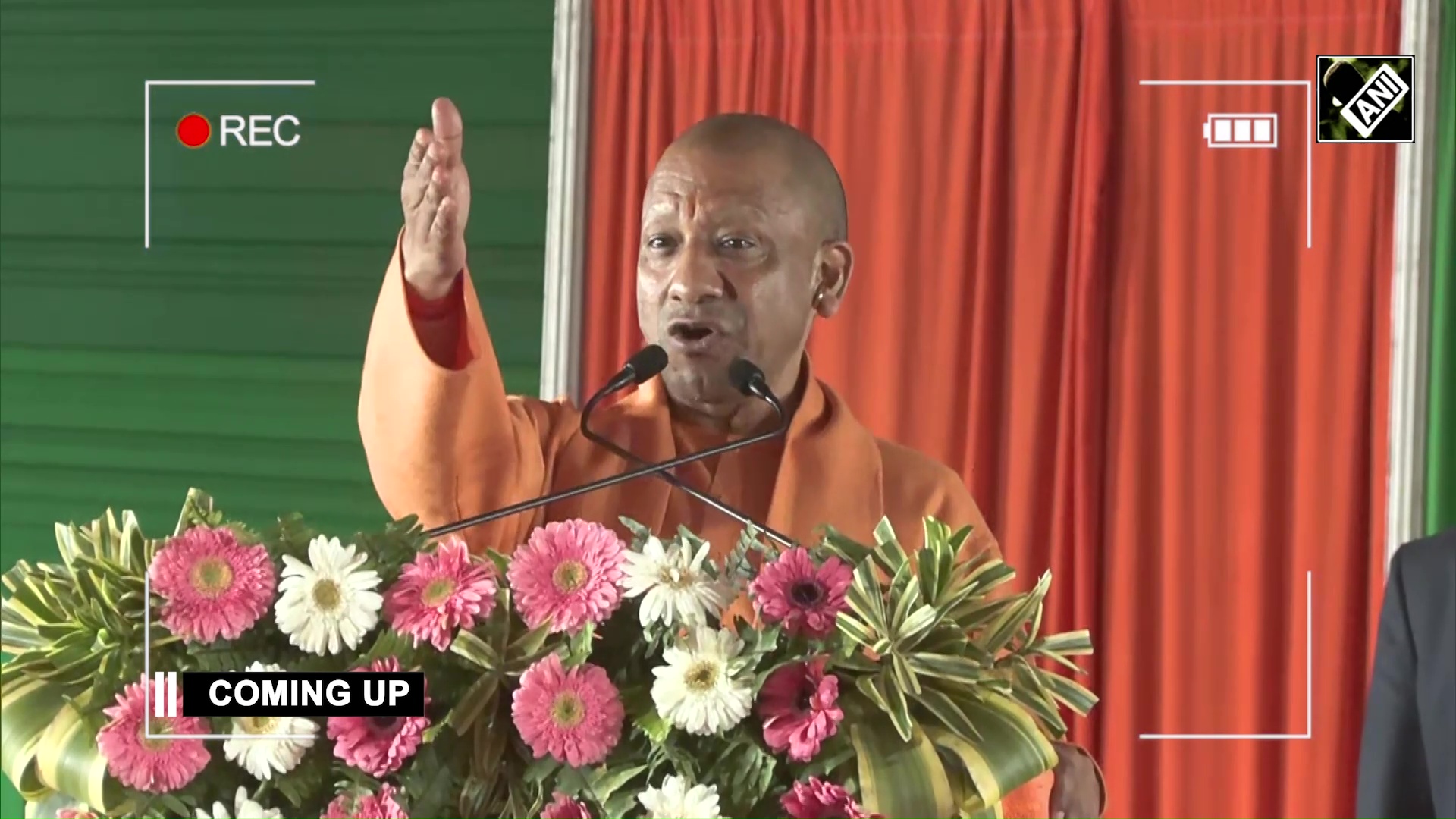China expresses 'firm opposition' over US, Japan call for free, open Indo-Pacific region
Apr 17, 2021

Beijing [China], April 17 : As the US and Japan call for a free and open Indo-Pacific region and along with raising concerns over the gross human rights violations committed by China, Beijing on Saturday expressed 'firm opposition to Washington and Tokyo's demand for a 'stable' Taiwan strait.
A spokesperson from the Chinese Embassy in the US has once again reiterated Beijing's defence of its aggression and gross human rights violations as "internal affairs".
"Taiwan, Hong Kong and Xinjiang belong to China's internal affairs. The East China Sea and the South China Sea concern China's territorial integrity and maritime rights and interests. These matters bear on China's fundamental interests and allow no interference," the spokesperson from the embassy said.
"We express strong concern and firm opposition to relevant comments in the Joint Leaders' Statement. China will firmly safeguard its national sovereignty, security and development interests," the embassy spokesperson added.
China will firmly safeguard its national sovereignty, security and development interests, the nation's embassy in the US said, adding the joint statement has "gone far beyond the scope of normal development of bilateral relations."
The embassy further claimed Washington and Japan are "harmful to the interests of a third party, to mutual understanding and trust between regional countries, and peace and stability of the Asia-Pacific."
According to Kyodo News, in their first in-person meeting, the two leaders -- US President Joe Biden and Japan Prime Minister Yoshihide Suga -- affirmed the importance of peace and stability across the Taiwan Strait, a reference that is certain to upset China which sees the self-ruled island as its most sensitive territorial issue.
The last time the US and Japan mentioned the situation regarding democratic Taiwan in a joint statement following their summit was 1969, as reported by Kyodo News.
The meeting between Biden and Suga is their first face-to-face meeting since Biden took office in January.
According to a joint leaders' statement posted on the White House's website, the two leaders exchanged views on the impact of China's actions on peace and prosperity in the Indo-Pacific region and the world and shared their concerns over Chinese activities that are inconsistent with the international rules-based order, including the use of economic and other forms of coercion.
"We will continue to work with each other based on universal values and common principles. We also recognize the importance of deterrence to maintain peace and stability in the region. We oppose any unilateral attempts to change the status quo in the East China Sea," the joint leaders' statement read.
The two leaders also reiterated their objections to China's unlawful maritime claims and activities in the South China Sea and reaffirmed our strong shared interest in a free and open South China Sea governed by international law, in which freedom of navigation and overflight are guaranteed, consistent with the UN Convention on the Law of the Sea.
China claims sovereignty over almost the entire South China Sea and has overlapping territorial claims with Brunei, Malaysia, the Philippines, Vietnam and Taiwan.
China has been increasing its maritime activities in both the South China Sea and the East China Sea over the past few months, partly in response to Beijing's concerns over the increasing US military presence in the region because of escalating Sino-US tensions.
Beijing's rising assertiveness against counter claimants in the East and South Sea has resulted in unprecedented agreement across the Indo-Pacific.
China has also continuously been rebuked for its poor human rights record for imposing severe crackdowns on the Uyghur community in Xinjiang and the citizens of Hong Kong under the draconian National Security Law imposed in the city last year.
Meanwhile, China continues to claim full sovereignty over Taiwan.
